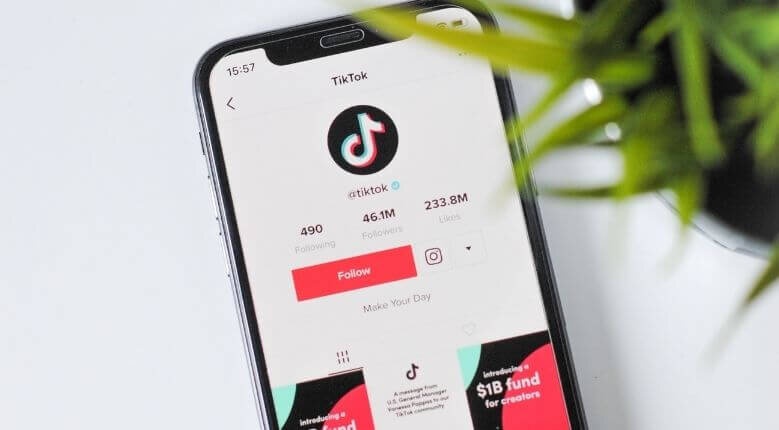TikTok trends are everywhere. But even with the app’s rising popularity and relevance as a content creation and consumption platform, it’s still not safe from controversy. Its biggest yet is the TikTok ban.
Countries where TikTok was banned prior to its popularity and why
Prior to the pandemic a.k.a. pre-TikTok’s current social media reign, TikTok was already banned from different countries.
In 2018, Indonesia and Bangladesh were the first ones recorded to have imposed a TikTok ban. Indonesia accused the platform for having pornographic and blasphemous content. The ban lasted for eight days, which allowed TikTok to censor inappropriate content in Indonesia. Bangladesh, on the other hand, blocked access to the TikTok app under accusations of harbouring porn and gambling-related content. The Bangladeshi government also requested TikTok to remove specific videos that were uploaded from the country from the app.

(Photo from: Hello I'm Nik via Unsplash)
A year later, India’s Public Interest Litigation also filed a case to the Madras High Court to ban TikTok in the country. They argued that TikTok “encourages pornography” as well as predatory behaviour with its “inappropriate content”. Two weeks after the complaint was filed, TikTok was removed from both the App Store and Google Play in the country. TikTok responded to the ban by removing over six million videos that were reportedly violating their guidelines in the hopes of having the ban lifted. Approximately three weeks after the ban was imposed, the court reversed their ruling and TikTok was back to business.
The 2020 TikTok ban
2020 was undeniably TikTok’s big break, where they earned over 2.6 billion downloads by the end of the year. But with its newfound popularity came deeper scrutiny, especially since its mother company Bytedance Technology is founded in China. India reimposed a ban on the app in mid-2020 along with other Chinese apps following the dispute between the two countries. Australia and the U.S. also tried to ban TikTok under the pretense of security issues given its Chinese origin but have failed to do so. Over the course of 2020, the app was — and is still is — viewed as a data-mining platform despite its growing user database. Governments from other countries, apart from the ones mentioned, also perceive TikTok as a geopolitical conflict.

(Photo from: Laura Chouette via Unsplash)
Despite these issues, why is TikTok still operating?
One would think that after all these controversies, especially considering that these are not isolated cases, TikTok would’ve been banned for good. But Facebook, Instagram, and Twitter have also had their share of controversies in the past involving issues like misinformation, inappropriate content, and large-scale data breaches. Just like other apps, TikTok also has policies and guidelines made known to its users prior to signing up, which users consent to. This became the go-to defence of the app every time content-related issues are used to argue yet another possible ban. And quite frankly, it’s valid.
Should you still use TikTok?
TikTok’s popularity is definitely not losing momentum anytime soon. And with over a billion TikTok users as of writing, the quick answer if you should still use the platform is ‘Why not?’ After all, numbers speak for themselves. If a billion people don't seem to mind, you don’t have to overthink it too much either. It can also be said that just like other platforms, users ultimately create the content posted on the platform, making TikTok only a shell or a vessel for these videos. It’s not the villain but only a tool that can be used depending on who wields it.
However, just like our every movement on the internet, there’s no harm in using TikTok with caution. Take time to read its terms and conditions. Be wary of who you’re interacting with or sharing content with on the platform. Do not store passwords or bank details or any other personal and financial information on your phone to prevent issues in case your device gets hacked. It’s all basic protocol, but protocol we often overlook.
After everything you’ve learned about the TikTok ban, the ball is entirely in your court. If you’re feeling pressured to sign up for it in fear of missing out, weigh whether or not that feeling is heavier than your qualms about your safety.
Take notes on mindful TikTok content creation and usage from these creators.
Comments, questions or feedback? Email us at [email protected].








